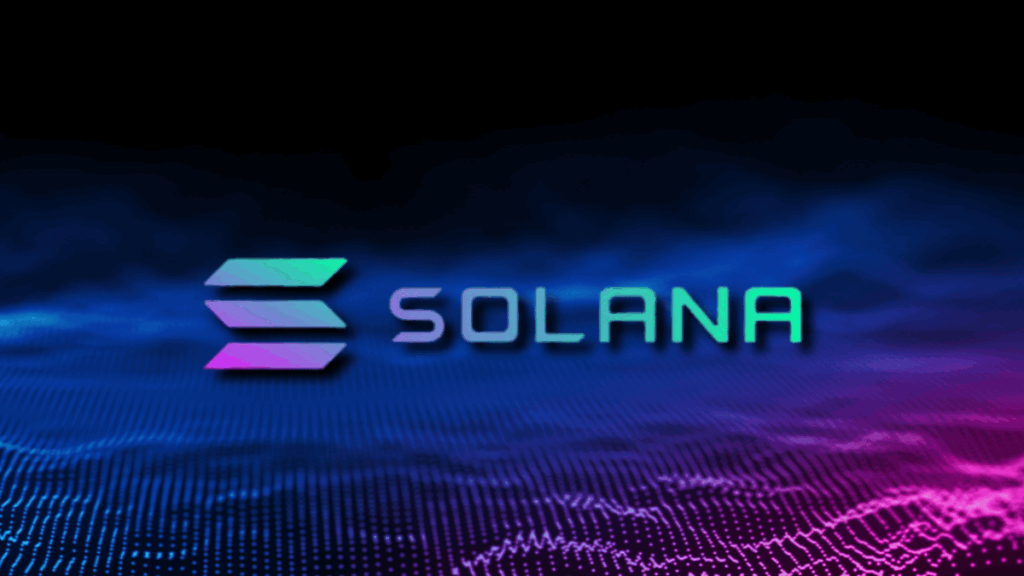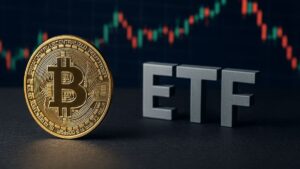TL;DR
- Fidelity introduces the Fidelity Solana Fund (FSOL), its first staking-enabled crypto ETF, entering a U.S. market with only three existing spot Solana products.
- The launch coincides with Bitwise’s BSOL fund reaching $450 million in inflows and Canary Capital and VanEck debuting their own Solana ETFs.
- FSOL offers investors regulated exposure to SOL without holding tokens directly, while strengthening Fidelity’s lineup of crypto exchange-traded products.
Fidelity is launching the Fidelity Solana Fund (FSOL), a staking-enabled Solana exchange-traded fund (ETF) set to begin trading Tuesday on NYSE Arca. The product adds to Fidelity’s growing crypto ETF offerings and introduces one of the largest asset managers to the emerging Solana market, where only three spot funds currently operate in the U.S. Investors are increasingly looking for ways to access Solana without the complexity of private wallets or self-custody, and FSOL aims to meet that need.
Fidelity Expands Its Crypto ETF Offering
FSOL represents Fidelity’s third crypto ETF and its first fund to include a staking feature. The ETF allows investors to gain exposure to Solana while benefiting from staking rewards within the fund. This provides a regulated alternative to holding SOL tokens directly and may appeal to investors who seek exposure to the blockchain without navigating crypto wallets. FSOL also demonstrates Fidelity’s broader approach to digital assets, complementing its spot bitcoin and ether funds and blockchain-based investment solutions. The addition of FSOL further enhances the firm’s ability to serve clients seeking diversified crypto strategies under familiar regulatory oversight.

Solana Investment Products See Rising Interest
The launch comes amid increased competition in the Solana ETF space. Canary Capital and VanEck recently rolled out their own Solana ETFs, while Bitwise’s BSOL fund has accumulated $450 million since October, making it one of the largest ETF debuts of 2025. These trends reflect growing demand for easily accessible, regulated Solana investment products and highlight investor appetite for diversified crypto strategies. Analysts note that Solana’s growing ecosystem and active developer community may continue to support demand for such financial products.
Fidelity has been gradually expanding its digital asset capabilities since 2014. The firm now provides trading, custody, research, and investment services across cryptocurrencies, mirroring the infrastructure it maintains for traditional assets. With FSOL, Fidelity brings a familiar institutional name to Solana investors and strengthens its position in the U.S. crypto ETF landscape. Market observers suggest the fund could attract institutional flows, given Fidelity’s reputation and the fund’s staking feature, potentially shaping the next phase of Solana ETF adoption.










